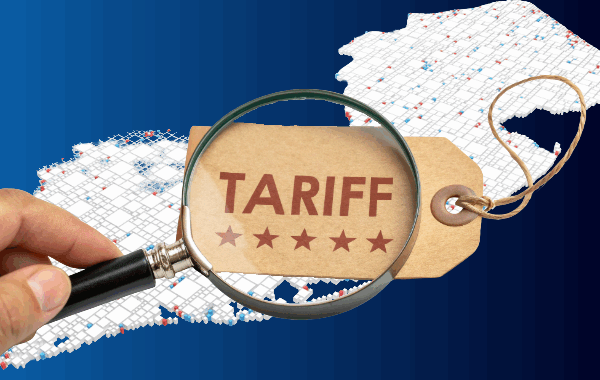On behalf of our member companies that make NJBIA the largest, most impactful association representing business in New Jersey, we respectfully oppose A-5076, which would require a person offering a digital coupon to make available an in-store alternative of identical value. While this legislation is well-intentioned, we have significant concerns regarding the bill’s impact on businesses to continue to offer cost-savings to their customers.
We thank the bill’s sponsor for amending the bill to permit businesses to expand the in-store alternative to include not only paper coupons, but electronic kiosks or the application of the discount at the point of sale. Despite these amendments, we are still unable to support this measure.
Reaffirm Exclusion of Manufacturer Coupons
When the Senate companion bill S-3573 was considered, the position of OLS was read into the record that the bill is not applicable to third-party entities offering digital coupons independent of the retailer, as the bill refers to “a person selling or offering for sale goods or services at retail.” This explanation served to clarify that the legislation would not apply to coupons offered by manufacturers. We support this position and request the Assembly’s affirmation of the determination of OLS.
Reduced Consumer Cost-Savings
We believe that perhaps the most important unintended consequence of this legislation is that it will lead to lessened cost-savings to consumers, with a reduction in the overall benefit per coupon. The cost-savings derived from coupons are ultimately borne by retailers but done so in order to establish customer loyalty and assess product marketability. Through technology, retailers can customize the issuance of coupons and reduce coupon fraud and abuse, which results in the ability to offer and pass along higher cost-savings to consumers. If retailers are required to offer coupons to every individual, the cost-savings per coupon is lessened and consumers will experience a lesser benefit.
Despite the threat of fraud and abuse, retailers still continue to offer coupons in weekly circulars and newspapers and accept coupons printed off the internet. Additionally, retailers provide customer service support to consumers seeking to access digital coupons. While this bill seeks to and may be successful in increasing the number of individuals that may ultimately access coupons, it will decrease the amount of cost-savings experienced by each consumer.
Government Mandated Marketing
While this bill views the topic of coupons through the lens of access, we contend that coupons should be viewed through the lens of marketing, as it is a strategy used by retailers to incentivize customers to patronize their businesses.
This legislation goes too far in mandating retailers to engage customers equally. Every customer is not entitled to every coupon and efficient marketing often results in targeted marketing. Retailers may deploy different coupons in different demographic areas to target new or emerging customer bases. It is in the best interest of retailers to design marketing strategies to market their products effectively while expanding their consumer base. These best practices and strategies include engaging customers through various media. This is why, despite the threat of fraud and abuse, retailers continue to utilize paper coupons as it has the potential to reach a valuable consumer base but have also embraced digitization to reduce fraud and maximize the cost-savings that can be passed on to customers.
Retailers are best positioned to understand the demographics of their existing and potential customers, how best to engage them, and the value of connecting with customers using paper, digital or other means to incentivize them to buy products. The deployment of coupons should not be dictated by the Legislature, but rather is a function of the free market, with supply and demand in force and strategies established by retailers to build and expand their customer base. To this end, NJBIA respectfully opposes A-5076.



